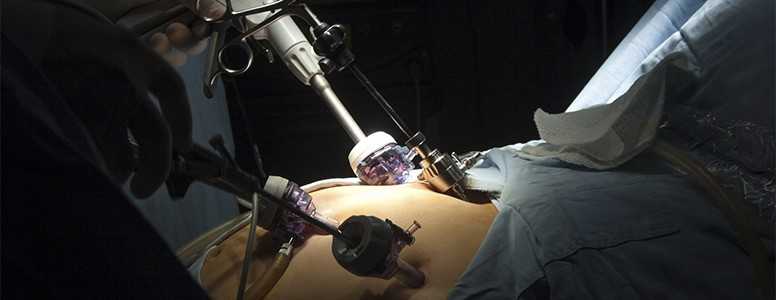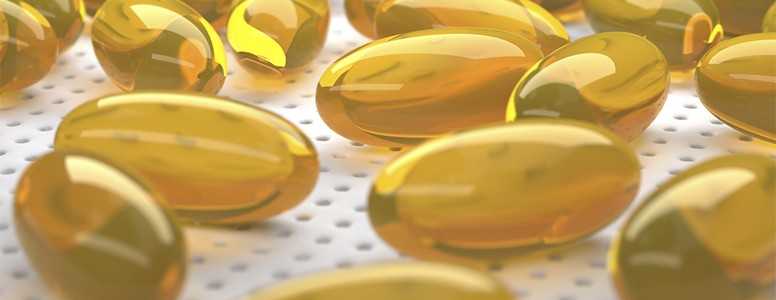Researchers have explained the mechanisms behind the success of gastric bypass surgery and why it can lead to remission of type 2 diabetes.
Gastric bypass surgery entails shrinking the size of the stomach so that food can bypass part of the small intestine. Because it can help regulate blood sugar levels, it is a technique – albeit an extreme one – that can help reverse type 2 diabetes.
In a new study, conducted at Nanjing University, China, researchers found that the beneficial effects of bypass surgery cannot just be explained by weight loss.
After performing duodenum-jejunum gastric bypass (DJB) surgery on mouse models of type 2 diabetes, the researchers noted that surgery improved glucose tolerance and insulin sensitivity.
These beneficial changes to the metabolism occurred alongside changes in gut microorganisms, and lead investigator Xiang Gao, PhD suggests that the gut microbiota could play a potential role in type 2 diabetes remission.
“Our research showed that duodenum-jejunum gastric bypass (DJB) surgery may be applied to cure diabetes of both genetic (mutation) and environmental (diet-induced) origin,” said Gao.
“We found that DJB surgery induced gut microbiota alterations, which may be the key reason for diabetes remission after bariatric surgery. Our data indicate that suppressed inflammation is the result, not the cause, of diabetes reversal in these genetically modified mice.”
The mice that Gao’s team experimented on had a genetic mutation in brain-derived neurotrophic factor (BDNF), which led to type 2 diabetes. BDNF is a key regulator in brain function and hormone balance.
Surgery led to improved glucose tolerance, insulin sensitivity and less fat accumulation in the liver and white adipose tissue, but the researchers found that gastric bypass surgery did not change expression of BDNF directly.
“Our findings suggest that BDNF deficiency-induced diabetes can be reversed by DJB surgery in mice, which has potential for the treatment of diabetes in humans,” said Gao.
“More mechanistic studies of gut microbiota alterations after bypass surgery are needed to explain how different families of microbiota may regulate nutrient metabolism in the host,” Gao concluded.
The study appears in The American Journal of Pathology.
What's new on the forum? ⭐️
Get our free newsletters
Stay up to date with the latest news, research and breakthroughs.






